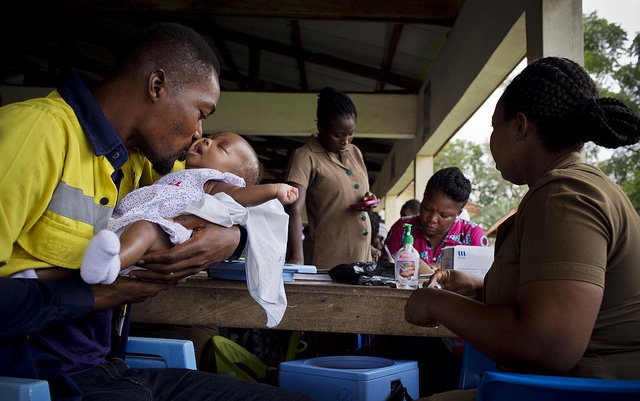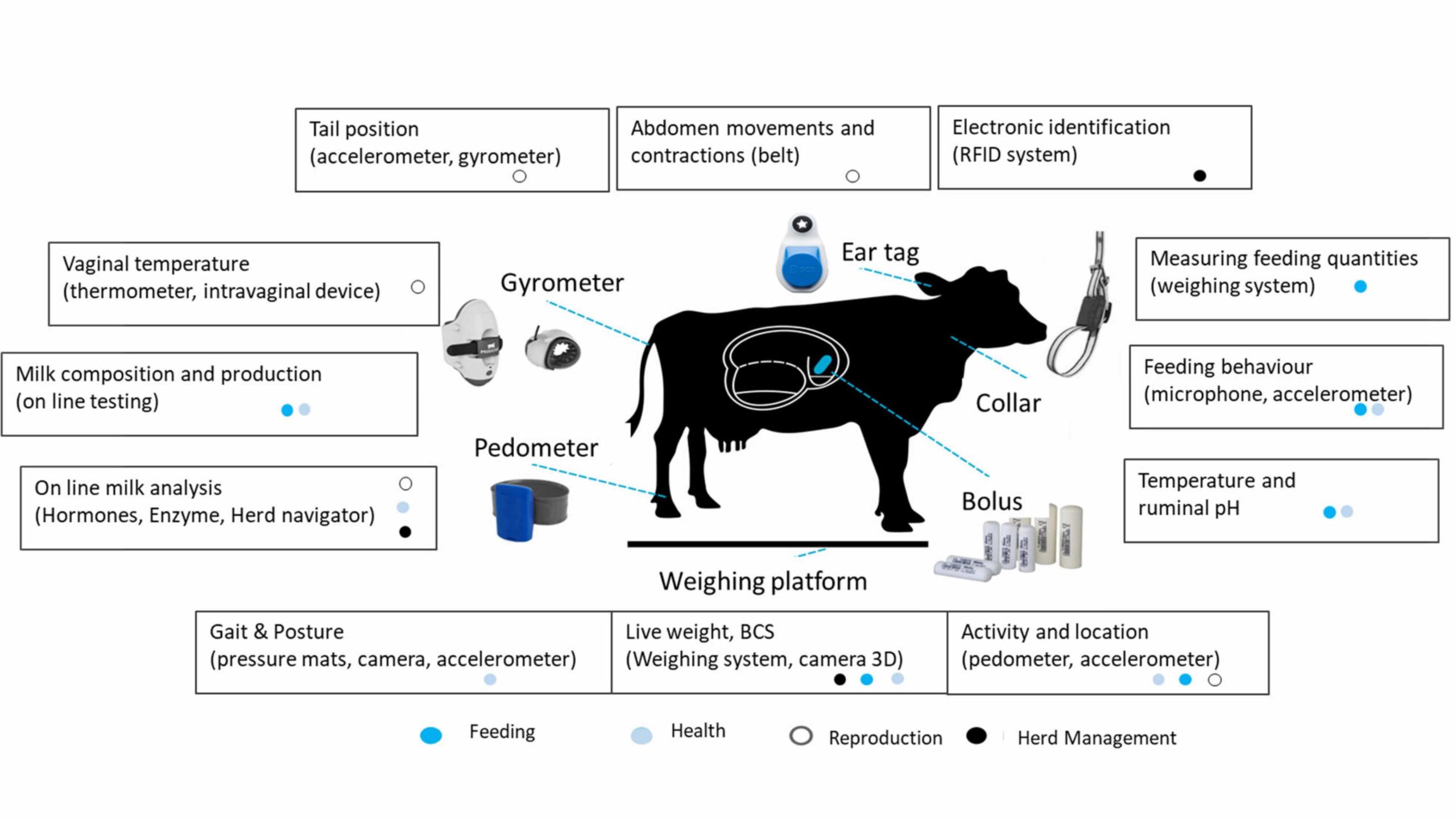In October, African Development Bank President Akinwumi Adesina was named as the 2017 World Food Prize Laureate. He received the globally recognized prize for food and agriculture for transforming Nigeria’s agriculture sector.
Adesina holds the firm belief that within ten years, with renewed political will, “Africa can feed itself.” As policy makers, researchers, and development organizations continue to focus on this issue (as with the 8th annual Africa Day for Food and Nutrition Security), consider:
If Africa is to feed itself, it needs not only to increase the amount of food it produces, but also improve the quality in order to counter persistently high levels of malnutrition. Lessons must be learned from countries that have made progress. African leaders need space to share evidence of impact and discuss what works, and what doesn’t. We are honored to be co-chairing a new Panel of seventeen experts from Africa and the rest of the world—the Malabo Montpellier Panel—which aims to provide that space.
Our latest report, Nourished: How Africa Can Build a Future Free from Hunger and Malnutrition, looks closely at seven African countries that have made remarkable progress fighting malnutrition and hunger. Between 2000 and 2016, Senegal, Ghana, Rwanda, Ethiopia, Togo, Cameroon, and Angola all reduced undernourishment, child wasting, child stunting, and child mortality by 42-56 percent. Learning the lessons from their success could prove invaluable in driving change across the rest of the continent.
In 2008, Ghana was ranked among the countries in the world with the highest burden of chronic childhood undernutrition. By 2015, the country had halved the number of hungry people and had reduced undernourishment, child wasting, child stunting, and child mortality by 54 percent. Today, the Ghanaian government is leading the way in improving outcomes for children in this part of the world.
All the governments that successfully tackled malnutrition did so by ensuring it was at the top of the political agenda, by adopting and implementing long-term nutrition action plans, and by developing an approach that engaged multiple ministries and other actors. Health, agriculture, and rural development ministries all have a stake in food and nutrition issues but rarely have the platform to cooperate.
Senegal, Rwanda, and Cameroon established nutrition committees that reported directly into the each country’s Prime Minister’s office. Cameroon’s spanned 19 ministries and worked alongside a network of “parliamentarians for the fight against malnutrition” with a mission of developing a coherent policy strategy.
Strong public-private partnerships and cooperation with civil society organizations also helped successful countries get more nutrients into popular foods and deliver on nutrition targets. For example, Nioto, a Togolese company that manufactures edible oils, has been working in partnership with the government since 2009 to enrich their products with vitamin A. The oil is sold all over Togo at an affordable price—and people who consume it get 30 percent of their daily vitamin A requirements.
Access to healthcare is another critical factor in driving down malnutrition. When people get regular access to basic healthcare, early signs of malnutrition can be easily detected. For example, in four provinces in Angola, families living more than three kilometers away from the nearest health center are the beneficiaries of a new project whereby mobile health activists screen children to detect early signs of malnutrition. Those with symptoms of malnourishment are given food supplements. The program covers 82 percent of the region and the cure rate for severe acute malnutrition is now 94 percent.
These are all useful lessons for governments, donors and other stakeholders who want to know practically how to realize Adesina’s vision of an Africa that can feed itself. There is no doubt the potential is there, and if we learn from each other, and keep sharing our successes, progress could be rapid.
Ousmane Badiane is IFPRI’s Africa Director; Joachim von Braun is Director of the Center for Development Research (ZEF) at the University of Bonn. They are co-chairs of the Malabo Montpellier Panel. This post first appeared on the World Food Prize Borlaug Blog.







